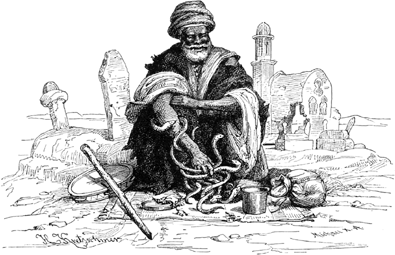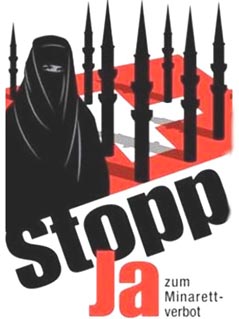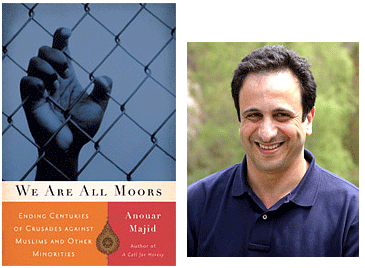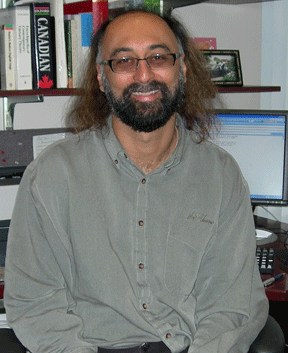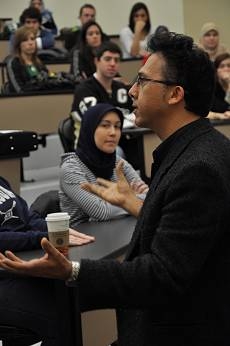
Dr. Jamil Khader, Stetson University
A little more than a week ago a story was reported about an experiment at Stetson University by Professor Jamil Khader. The idea was for 15 coeds to wear veils and see the reactions of their fellow students. But that is only part of the story. First read the story, then check out the comments by the readers. The comments are somewhat chilling, demonstrating once again the extraordinary extent of Islamophobia out there.
Stetson students don veil for diversity experiment
By MARK HARPER, Dayton Beach News Journal Online, February 11, 2010
Education writerDELAND — For five days, Andreana Mangie wore a pink veil on and around campus.
At the student union, people stared at her. Another student in line near her told another, “Muslims aren’t worth anything.” She was denied entrance to a party.
“This needs to be thought about,” she told a group of about 150 students Wednesday. “This is a big deal.”
Mangie was one of about 15 Stetson University women to participate in the experiment dubbed “Veil for a Day” by Jamil Khader, a professor of English and gender studies. The women discussed their experiences as part of the DeLand school’s Town Meeting on Diversity.
The university canceled classes Wednesday so students could, for one day, go outside their comfort zone and learn about others. Other sessions touched on residence hall life, environmental justice and “How We Live Homophobia.” Continue reading Diversity and Perversity

